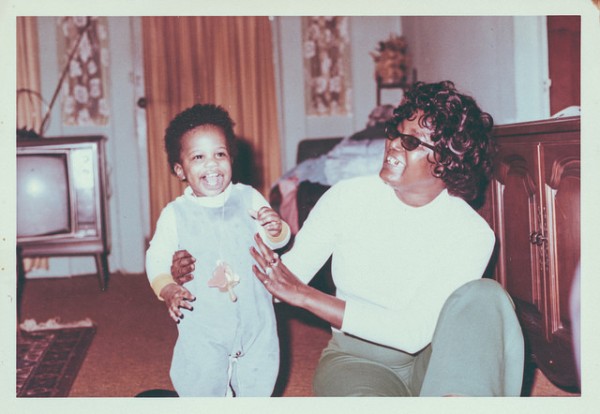
The character of Black boys is often questioned in American society. Much of the focus is on their clothing style or physical size and they are often portrayed as “thugs,” deserving of whatever violence that befalls them. The fatal shootings of boys like Tamir Rice, Michael Brown, and Trayvon Martin garnered widespread attention to this perceived dangerousness of African-American boys. Despite better access to economic resources, many middle- and upper-class Black mothers fear they cannot adequately prepare their sons for the gendered racism likely to pervade nearly every aspect of their social lives. In her recent study, Dawn Marie Dow explores these challenges Black mothers face raising their sons in a society that views black boys as “thugs.”
From 2009 to 2011, Dow interviewed 60 middle- and upper-class Black mothers in the San Francisco Bay Area who had at least one son under the age of 10, talking with them about how they prepare their sons to successfully avoid the “thug” perception. Mothers’ incomes ranged from $50,000 to $300,000 and 63% held advanced degrees. Dow found that middle – and upper-class Black mothers employ multiple strategies to combat negative stereotypes about their sons. Some mothers use “experience management” that focuses on involving their sons in various empowering and challenging activities, like baseball leagues or music lessons. Others use “environment management,” such as moving to predominantly white neighborhoods or limiting their son’s interactions with other neighborhood kids in order to curb the amount of discrimination they face in certain social settings. Mothers also teach their sons how to engage in “image and emotion management” by prohibiting certain styles of dress and telling them not to show frustration and anger. The mothers Dow interviewed saw these techniques as essential in navigating the “thug” image and keeping their children safe from the discrimination of teachers and the brutality of law enforcement.
Dow’s findings suggest that while middle- and upper-class mothers acknowledge additional resources afforded by their socioeconomic status, they believe their sons are still treated poorly by educators and law enforcement officials because of their racial identity and gender. As a result, Black mothers of all economic backgrounds use stigma management to try and keep their sons safe, whether it be teaching them to manage their environment, their experiences, or their emotions. With all the work Black mothers and their sons are doing to keep Black boys safe, here’s hoping others start putting in some effort too.

Comments 1
Jessica — August 22, 2016
Very interesting and sad that mothers have to do this to protect their children. However, it's great that they're adapting to the circumstances which will hopefully result in less deaths of black people. The article is true: with all the effort the mothers are putting in, hopefully others will start putting in effort to educate their children and peers.